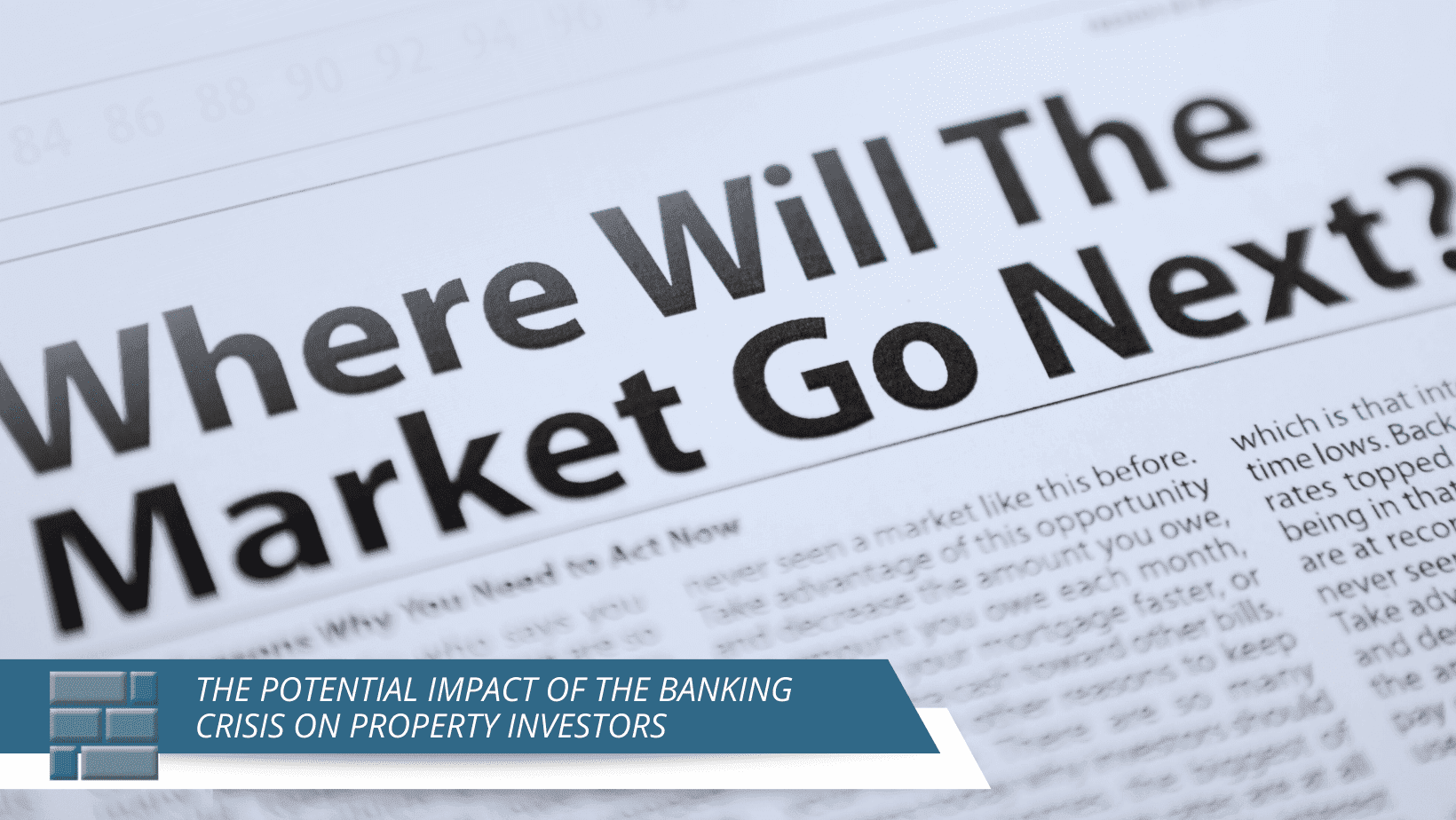Recent Posts
The Potential Impact of the Banking Crisis on Property Investors

Posted: | Author: Jeff Miller- Senior Vice President, Foundation
Now that the debt ceiling crisis is behind us, many property investors are wondering what the recent bank failures could mean for the property market, valuations, and the cost of borrowing for new and existing investments. Bank failures and the debt ceiling were two independent problems that converged on investors in May. They added to the current uncertainty over a potential U.S. recession later in 2023 due to the Federal Reserve’s attempt to control high inflation through 10 straight rate increases since March 2022.
The recent failures of Silicon Valley Bank, Signature Bank, and others is either an aberration in the banking sector or just the tip of the iceberg. The Federal Deposit Insurance Corp. (“FDIC”) recently announced a Watch List of 190 banks that may be at risk. How did this happen? One reason is the single-minded focus of the Federal Reserve on controlling inflation by raising interest rates higher and faster than ever before. The fact is that bank loan portfolios drop in value when interest rates rise. Those portfolios suffer an even deeper drop in value the higher and faster interest rates increase. If the banks have not hedged this risk properly, the results can be catastrophic.
Despite the widespread uncertainty, we can offer some general insights on how bank failures can impact property investors:
- Access to financing: When banks fail, those sources of debt capital are eliminated from the market, reducing the supply of capital available to property investors. If the failed banks held their uninsured deposits or provided loans, investors may not be able to access credit, or even funds needed for operations or new investments.
- Reduced bank liquidity: Many banks are reporting reduced liquidity, so have less cash to lend. Sharply higher interest rates, combined with flat/declining property valuations, reduce the value of bank loan portfolios. Cash once available to lend now goes to fund risk-based capital reserves. Some banks are limiting new loans to only their best customers, or reducing the number of markets they lend in. It’s difficult to make new loans when there’s uncertainty over a potential drop in value of the loans already on the bank’s balance sheet.
- Loss of deposits: If investors have deposits in a failed bank that were not insured by the Federal Deposit Insurance Corporation (FDIC), or exceeded the coverage limits, they could potentially lose their funds and put their own solvency at risk.
- Uncertainty and market sentiment: Bank failures create uncertainty and negative market sentiment. Property investors grow cautious or reluctant to invest at all, fearing further failures or a weakening financial system. This leads to reduced demand and market activity, which pulls down property values.
- Investor confidence and perception: Bank failures erode investor confidence in the overall stability of the financial system. Investors may question the reliability and safety of financial institutions, which could influence their investment decisions. Negative perceptions about the banking sector may lead to increased risk aversion or a shift in investment strategies.
Foundation’s Forecast
Foundation is not a bank lender, so we have no deposit accounts to lend on. Our source of funds is institutional investors in the public and private debt markets who partner with us to fund secure senior loan positions. We agree with a recent Goldman Sachs report decreasing the chance of a recession this year to 25%. Quick and decisive action by the FDIC in backing bank deposits and other policies to safeguard the banking system will prevent a banking crisis. The report noted that combined with continued strong job growth and consumer spending, it has lessened the risk of recession in 2023. Their chief economist projects only a 25% chance of a recession. And Congress and the White House found a compromise on increasing the debt ceiling that keeps the U.S. economy and banking system from going off a cliff into uncertain waters. The next potential stand-off on the debt ceiling will not be until January 2025, after the 2024 presidential election.